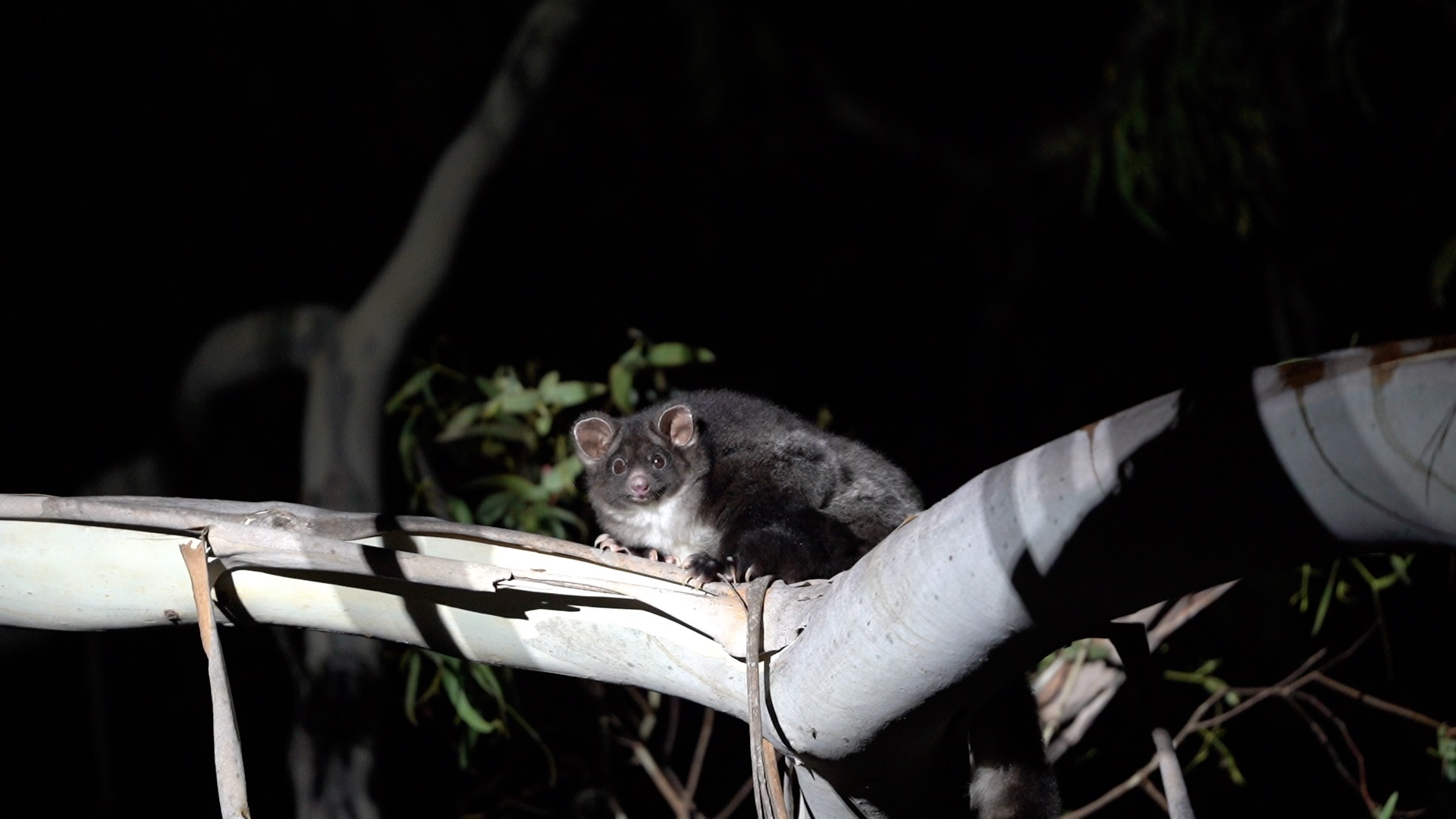Find out more about our work on federal environment reforms, the recent victory in protecting whale sharks, an update on our partner projects and lots more.
This week, the City of Freemantle will decide whether to continue to allow shark fishing on city beaches. News had trickled out of Western Australia of sharks being caught at these popular swimming beaches by fisherman. Not anything new really, hundreds of millions of sharks are caught each and every year – why would shark fishing be news-worthy?
These stories reported the catch of large tiger sharks on Port Beach in Fremantle – perfectly legal in WA. And while HSI does not support shark fishing, there is a different issue at play here. Port Beach is frequented by swimming groups, and was the site of a fatal shark bite just 4 months ago. So, the issue is also public safety. For both reasons we support a ban on shark fishing at these beaches.
To allow shark fishing at metropolitan beaches frequented by swimmers and ocean users speaks to a glaring disconnect we have about our understanding of shark behaviour and nature in general.
Sharks have inhabited Earth’s oceans for 420 million years – longer than trees and the Himalayas. Surviving 5 mass extinctions certainly takes some guile and gumption, of which sharks have plenty. Throughout their existence sharks have time and time again proven their adaptability, to take advantage of changes in their environment more efficiently and successfully than other groups of animals (Guttridge et al. 2009), which has resulted in their diversity and longevity.
In order to have survived for so long, to have proliferated so well, many sharks are opportunistic predators – making the most of any situations to get an easy meal. And since the rise of humanity, we’ve given them plenty of these kinds of opportunities.
Commercial fishing vessels have for years been trailed by schools of sharks waiting for dead catch and offal to be discarded overboard. More recently, recreational fishers in Australia have begun to lose fish to waiting sharks bold enough to take fish clean off the line (Mitchell et al. 2018). New research suggests that in areas frequented by recreational fishers, sharks have begun to associate the sound of outboard engines with an easy feed, leading to the loss of catch – termed depredation.
The incredible ability of a shark to adapt and learn is what makes shark fishing off popular beaches foolish and dangerous. It is no surprise that a beach where swimming and shark fishing occur concurrently, was also the site of such a tragic incident.
Following the news reports from Freemantle, all stakeholder groups repeated the same warning. Swimmers, WA Fisheries, local government and recreational fishing groups all said shark fishing at a popular beach – using even using burley to attract them – was a very bad idea. But the fact remains that a subsection of society either hasn’t made this logical connection, or perhaps worse, doesn’t care.
More concerning, is that this pattern has repeated itself throughout Australia and will unfortunately will most likely continue.
Cid Harbour in the Whitsundays witnessed a series of grisly shark incidents in late 2018, culminating the horrible loss of a young Melbourne doctor. Speaking with locals, everyone seemed to know that Cid Harbour was an area of high shark activity due to the fact that boats mooring there overnight would empty waste tanks, fish, and clean fish on site – throwing offal overboard. The sharks had learned that Cid Harbour was a place for an easy feed.
With all this evidence for the influence we have on shark behaviour, it’s also not such a great leap to suggest that baiting sharks with drumlines and dying and deceased wildlife caught in shark nets, are actually attracting large predators right to the beaches this equipment is meant to protect. Indeed, the Central Coast Council in New South Wales recently had to warn its residents not to swim at one of its local beaches due to a whale carcass trapped by a shark net.
All of these instances point to the flawed understanding we have about shark behaviour, especially as it relates to shark-human interactions and culpability. Human behaviour directly influences shark behaviour, and we must identify, acknowledge and take responsibility when our actions increase risks and may endanger others. Our mentality must be one of coexistence as we continue to work to reduce the risk of shark bite and recover struggling shark populations.
Lawrence Chlebeck is a marine ecologist specialising in conservation, research and outreach. He has spent years working to engender sustainable relationships between wildlife, the ocean and the public. Lawrence has worked as a field biologist, environmental consultant, naturalist and project coordinator with a BA from the University of San Diego, and an MSc from James Cook University. Lawrence’s work at HSI is currently focused on shark welfare and protection, specifically in regards to culling and control programs, exploitation, and international protection.
References:
Guttridge TL, Myrberg AA, Porcher IF, Sims DW, Krause J (2009) The role of learning in shark behaviour. Fish and Fisheries, vol 10 issue 4: 450-469. https://doi.org/10.1111/j.1467-2979.2009.00339.x
Mitchell JD, McLean DL, Collin SP, Taylor S, Jackson G, Fisher R, Langlois TJ (2018) Quantifying shark depredation in a recreational fishery in the Ningaloo Marine Park and Exmouth Gulf, Western Australia. Mar Ecol Prog Ser 587:141-157. https://doi.org/10.3354/meps12412


